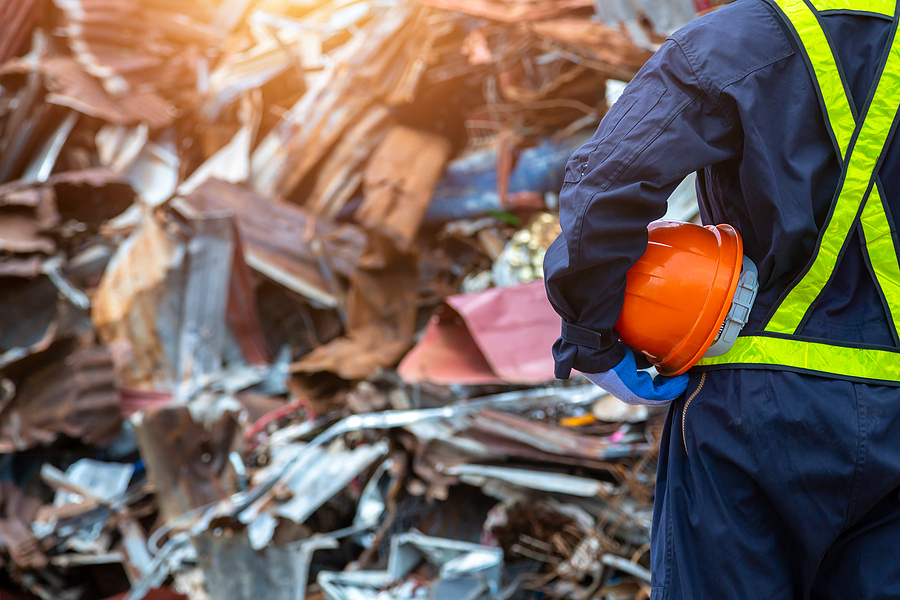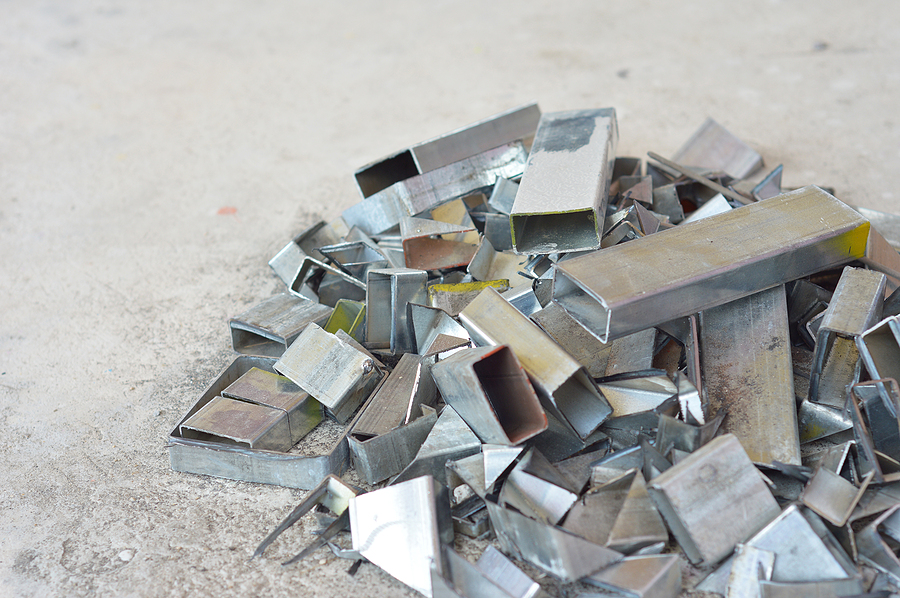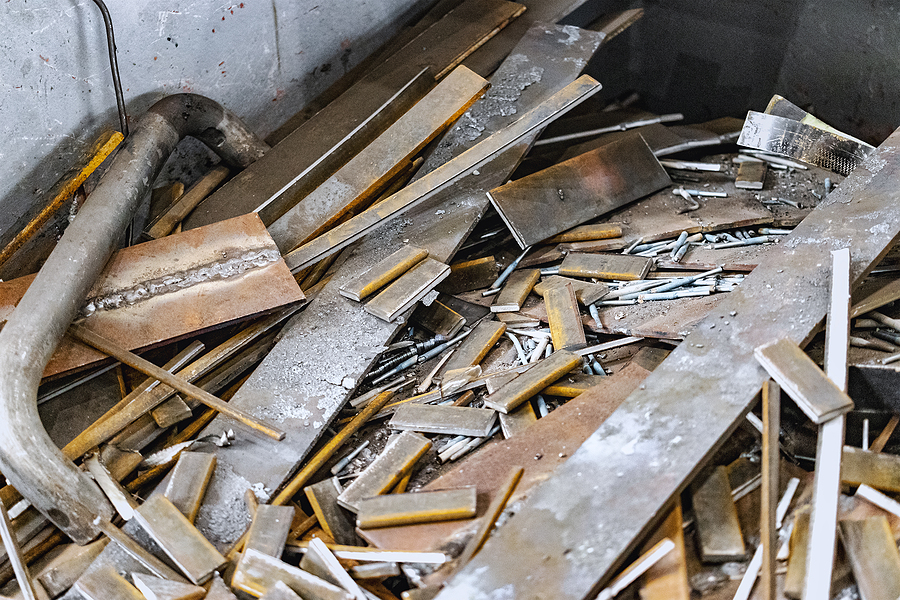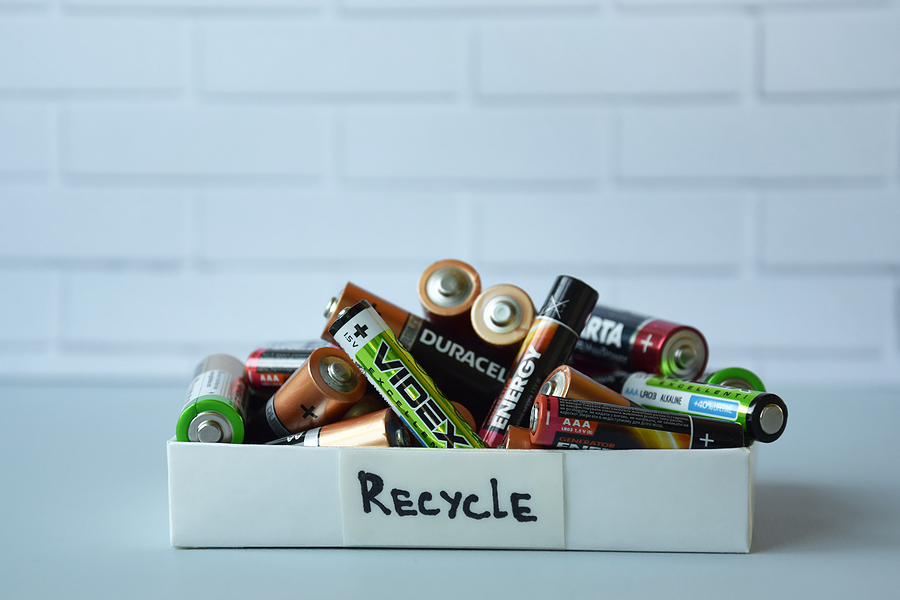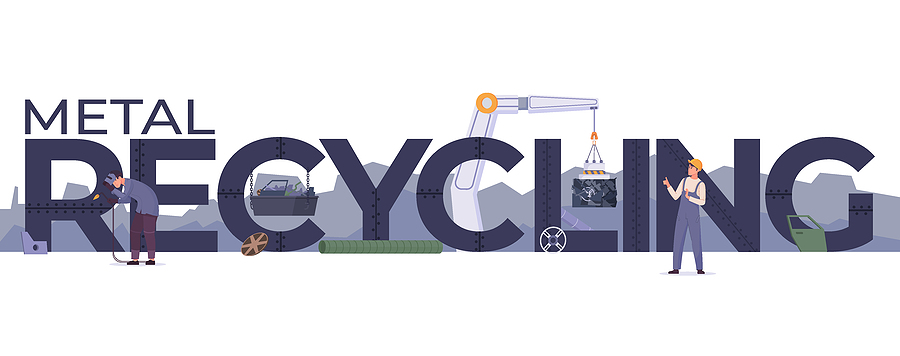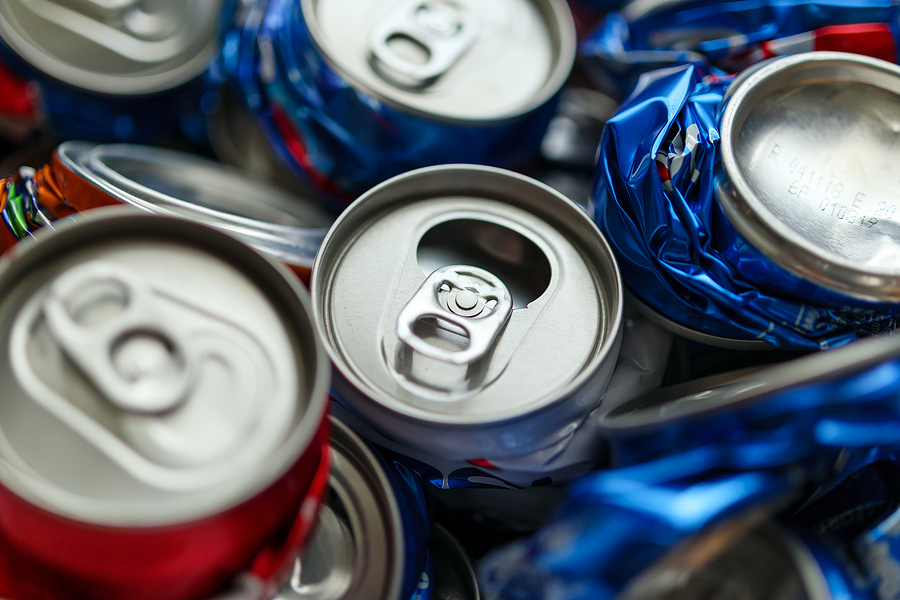Steel is everywhere. From the cars we drive to the appliances in our kitchens, steel plays an integral role in our daily lives. But with its widespread use comes a significant environmental impact that cannot be ignored. This blog will explore the importance of steel, the benefits of recycling it, and how you can contribute to a greener planet through sustainable practices.

The Importance of Steel in Our Daily Lives
Steel is a versatile material essential in numerous industries. Its strength, durability, and recyclability make it a preferred choice for construction, automotive, and manufacturing sectors. However, the production and disposal of steel can have severe environmental consequences. Understanding these impacts can help us appreciate the need for recycling.
The Ubiquity of Steel
Stepping back, it’s astonishing to realize just how pervasive steel is. From the smallest paperclip to towering skyscrapers, steel is the backbone of modern civilization. Its unique properties, such as tensile strength and resistance to corrosion, make it indispensable.
Environmental Impact of Steel Production
Producing steel is resource-intensive. It requires significant amounts of energy and raw materials like iron ore and coal. This process emits large quantities of carbon dioxide, contributing to global warming. By understanding these impacts, we can better grasp the importance of recycling.
Why Steel Recycling Matters
Recycling steel reduces the demand for new steel production, lessening the environmental footprint. It saves energy, conserves natural resources, and minimizes waste. The more we recycle, the more we can mitigate the adverse effects of steel production.
The Lifecycle of Steel From Manufacturing to Recycling
Steel has a unique lifecycle that makes it highly recyclable. But what does this lifecycle look like? Let’s explore the stages from manufacturing to recycling and understand how each step contributes to sustainability:
Steel Production
The lifecycle begins with the extraction of raw materials and their conversion into steel. This process involves several stages, including melting, casting, and rolling. While this phase is energy-intensive, advancements in technology are making it more efficient.
Use and Durability
Once produced, steel is used in various applications, from construction to consumer goods. Its durability means it can serve its purpose for many years. However, eventually, steel products reach the end of their useful life and enter the recycling phase.
Recycling Process
When steel products are no longer usable, they are collected for recycling. The recycling process involves melting the scrap steel and purifying it to create new steel products. This process is significantly less energy-intensive than producing new steel from raw materials.
Benefits of Steel Recycling
Recycling steel offers numerous benefits for both the environment and the economy. Let’s examine these advantages and understand why recycling is crucial for sustainable development.
Environmental Benefits
Recycling steel conserves natural resources, reduces energy consumption, and lowers greenhouse gas emissions. It helps protect ecosystems by decreasing the need for mining and reducing landfill waste.
Economic Benefits
Recycling steel creates jobs and stimulates economic growth. It supports a circular economy, where materials are reused instead of discarded. This approach reduces costs and promotes sustainable business practices.
Sustainability and Future Impact
By recycling steel, we contribute to a more sustainable future. It allows us to meet current demands without compromising the ability of future generations to meet their needs. The more we recycle, the more significant the positive impact on our planet.
The Process of Recycling Steel Collection Sorting Processing and Shipping
Recycling steel involves several steps, each crucial for ensuring the quality of the recycled product. Let’s break down the process and understand what happens at each stage:
Collection
The first step is collecting scrap steel from various sources, including households, businesses, and industries. Proper collection methods ensure that the scrap is free from contaminants and ready for recycling.
Sorting
Once collected, the scrap steel is sorted based on its type and quality. Advanced technologies, such as magnetic separators and sensors, are used to identify and separate different grades of steel. This step ensures that the recycled steel meets industry standards.
Processing
The sorted steel is then processed, which involves shredding and melting. Shredding reduces the size of the scrap, making it easier to handle and melt. The molten steel is purified to remove impurities and achieve the desired composition.
Shipping
After processing, the recycled steel is formed into new products and shipped to manufacturers. This stage completes the recycling loop, as the recycled steel re-enters the market and is used in new applications.
Innovative Technologies in Steel Recycling
Innovations in steel recycling are driving sustainability forward. Let’s explore some of the cutting-edge technologies that are making steel recycling more efficient and sustainable:
Advanced Sorting Technologies
New sorting technologies, such as X-ray fluorescence (XRF) and laser-induced breakdown spectroscopy (LIBS), are improving the accuracy of steel sorting. These technologies ensure that the recycled steel meets stringent quality standards.
Energy-Efficient Melting
Innovations in melting processes, such as electric arc furnaces (EAF) and induction furnaces, are reducing energy consumption. These methods are more environmentally friendly compared to traditional blast furnaces, as they emit fewer greenhouse gases.
Automation and AI
Automation and artificial intelligence (AI) are revolutionizing the recycling industry. AI-powered robots and automated systems are enhancing the efficiency of sorting and processing, leading to higher quality recycled steel.
Tips for Recycling Steel and Supporting Sustainability
Consumers play a vital role in the success of steel recycling. By adopting sustainable practices and supporting recycling initiatives, we can make a significant impact. Here are some tips for recycling steel at home and supporting sustainability:
Recycling at Home
Start by separating your steel waste from other materials. Clean and rinse items like food cans and containers before placing them in the recycling bin. Check with your local recycling program to ensure you follow the correct procedures.
Supporting Sustainable Brands
Choose products from brands that prioritize sustainability and use recycled materials. By supporting companies that value environmental responsibility, you encourage more businesses to adopt sustainable practices.
Educating and Advocating
Educate yourself and others about the importance of steel recycling. Advocate for better recycling programs in your community and support policies promoting sustainability. Collective efforts can drive significant change.
Conclusion
Steel recycling is more than just a process; it’s a pathway to a sustainable future. By understanding the importance of recycling, the benefits it offers, and how we can contribute, we can make a positive impact on the environment and the economy. Let’s recycle steel and pave the way for a greener, more sustainable world. For more information on how to recycle steel, contact your local scrap metal recycling center.
Did you know that recycling steel is not just an environmental necessity but also an economic opportunity? Contact Zore’s Indy at 317-247-8484 to hear how much our Indianapolis scrap metal recyclers will pay you for scrap steel and steel-containing items. In fact, we buy and recycle all scrap metal! We also provide free junk car removal services.
Related Posts:
Eco-Friendly Practices: The Importance of Scrap Metal Recycling Services
Pro Tips for Maximizing Profit in Scrap Metal Recycling
What You Need to Know Before Selling Your Scrap Copper

